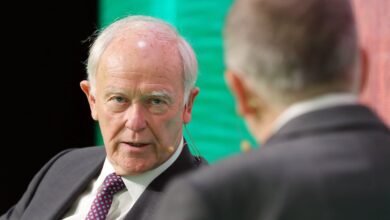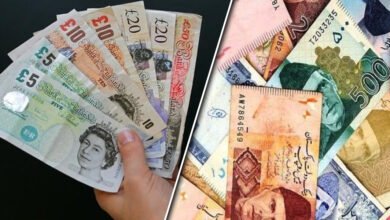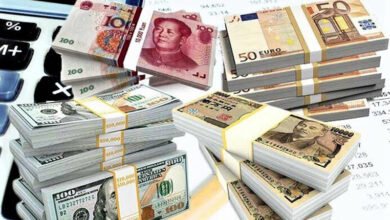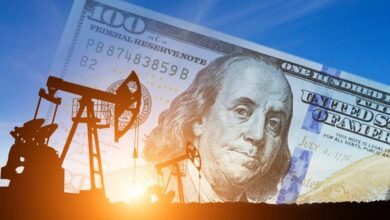Surging Inflation, Plummeting Currency, and a Nation in Despair
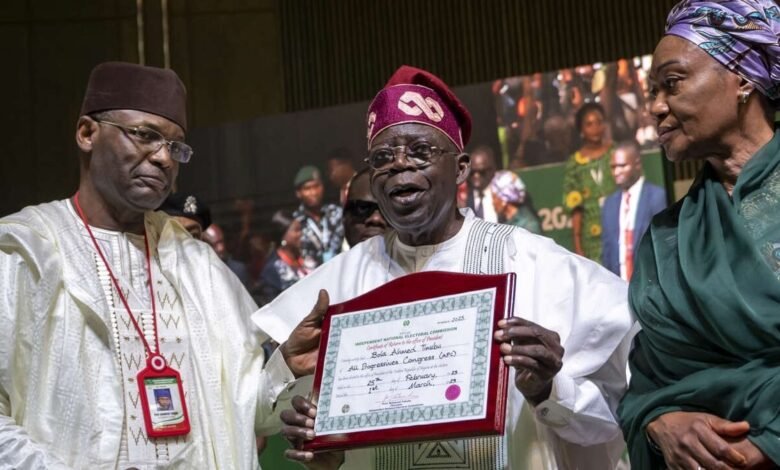
In the heart of West Africa, Nigeria grapples with an escalating economic crisis, manifesting in soaring inflation rates, a free-falling currency, and a populace teetering on the brink of despair. As of early 2024, the nation watches its inflation rate climb to an alarming 29.9%, a figure unseen since 1996, primarily propelled by rising costs in food and non-alcoholic beverages. Concurrently, the Nigerian naira’s value plummets, marking a staggering 230% depreciation over the last year alone, to stand at 1,524 to $1. This dire economic panorama not only erodes the purchasing power of Nigerians but also fuels a growing discontent and a wave of protests across the country.
The Crux of the Crisis
At the core of Nigeria’s economic turmoil are the contentious reforms introduced by President Bola Tinubu. Key among these is the removal of gas subsidies, a decision that, while aimed at stabilizing the nation’s flailing economy, has instead led to an increase in fuel prices, exerting additional pressure on the already burdened citizens. Furthermore, efforts to unify exchange rates, although intended to foster a more stable financial environment, have exacerbated the naira’s decline, deepening the economic woes faced by millions.
Government’s Attempts to Mitigate the Crisis
In response to the escalating crisis, the Nigerian government has launched several initiatives in an attempt to alleviate the suffering of its citizens. Among these measures is the release of food items from government reserves, aimed at tempering the skyrocketing food prices that contribute significantly to the inflationary pressures. Additionally, the establishment of a commodity board is underway, tasked with regulating prices in a bid to curb the rampant inflation. These efforts, while commendable, face an uphill battle in reversing the tide of economic hardship that has gripped the nation.
A Cry from the Creative Sector
The economic strain has reverberated through all sectors of Nigerian society, including the creative industry. In a vocal critique of President Tinubu’s economic policies, Nigerian artist Portable has lambasted the government for the hardship inflicted on the populace, specifically pointing to the spike in fuel prices and other essential commodities. As a direct consequence of the deteriorating economic conditions, Portable has announced an increase in his performance fee from 2.5 million to 3.5 million naira, underscoring the harsh reality faced by artists and performers in the country. This move highlights the broader impact of the crisis, affecting not just the average Nigerian but also those in the entertainment and arts sectors.
As Nigeria trudges through one of its most challenging economic periods, the actions of its leaders and the resilience of its people are under the microscope. The crisis, marked by surging inflation, a plummeting currency, and the impact on daily lives, has stirred a nationwide outcry for meaningful reforms and immediate relief. With the government scrambling to stabilize the economy and individuals like Portable vocalizing the struggles of many, the nation stands at a crossroads, yearning for solutions that can restore hope and prosperity to its beleaguered populace.

